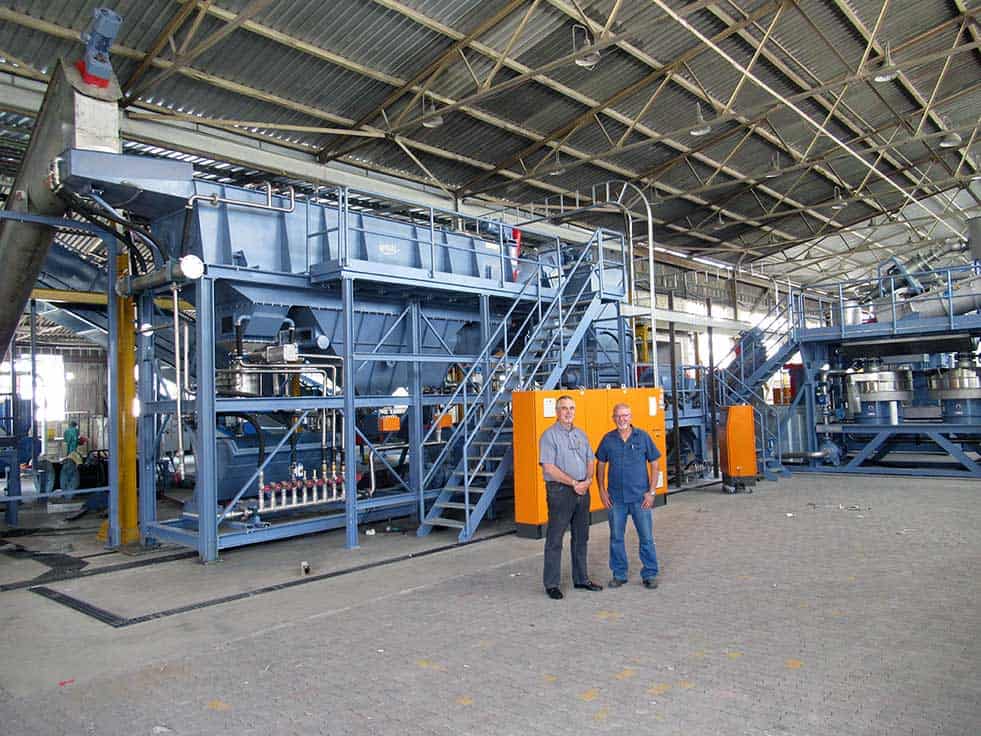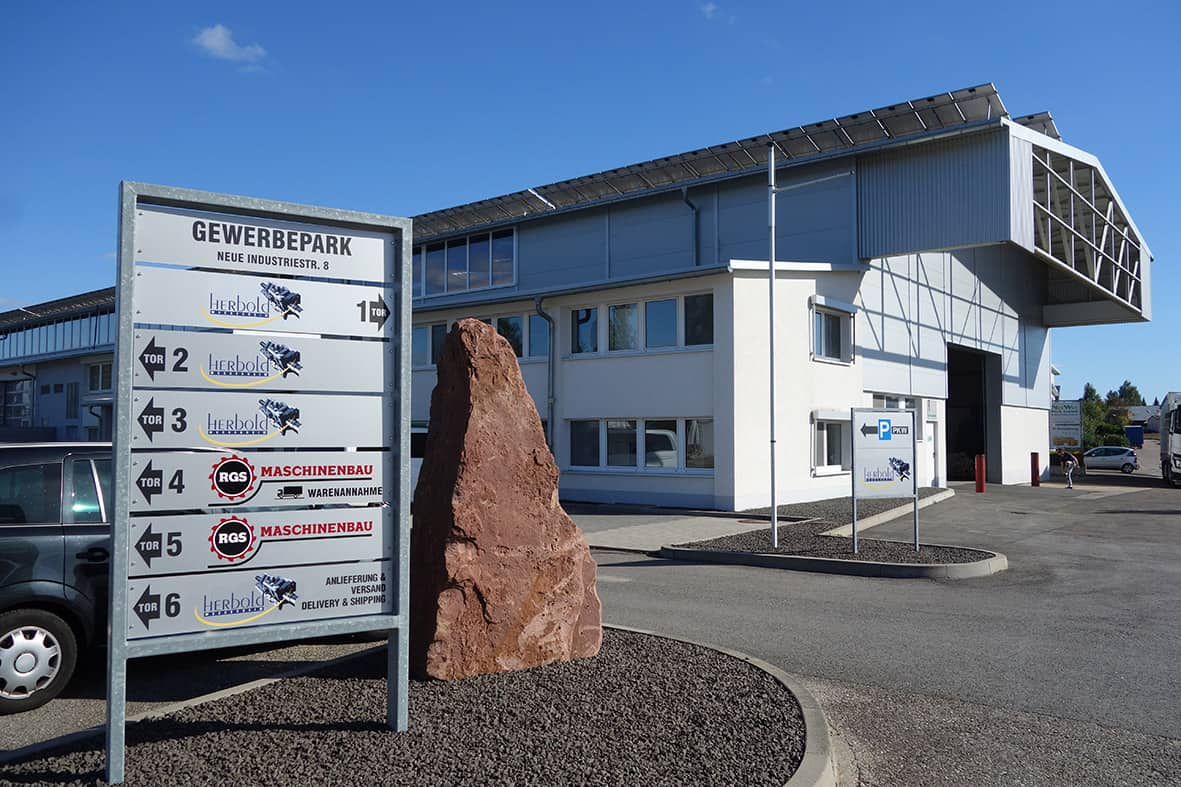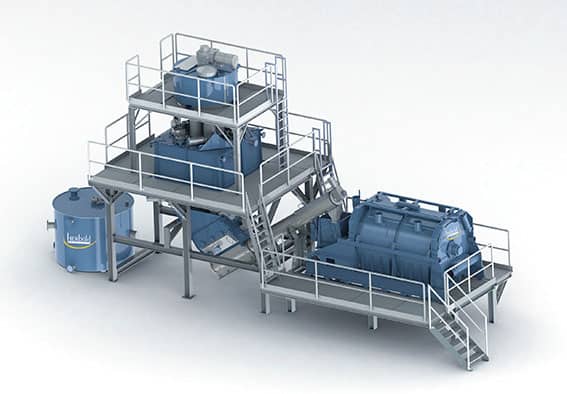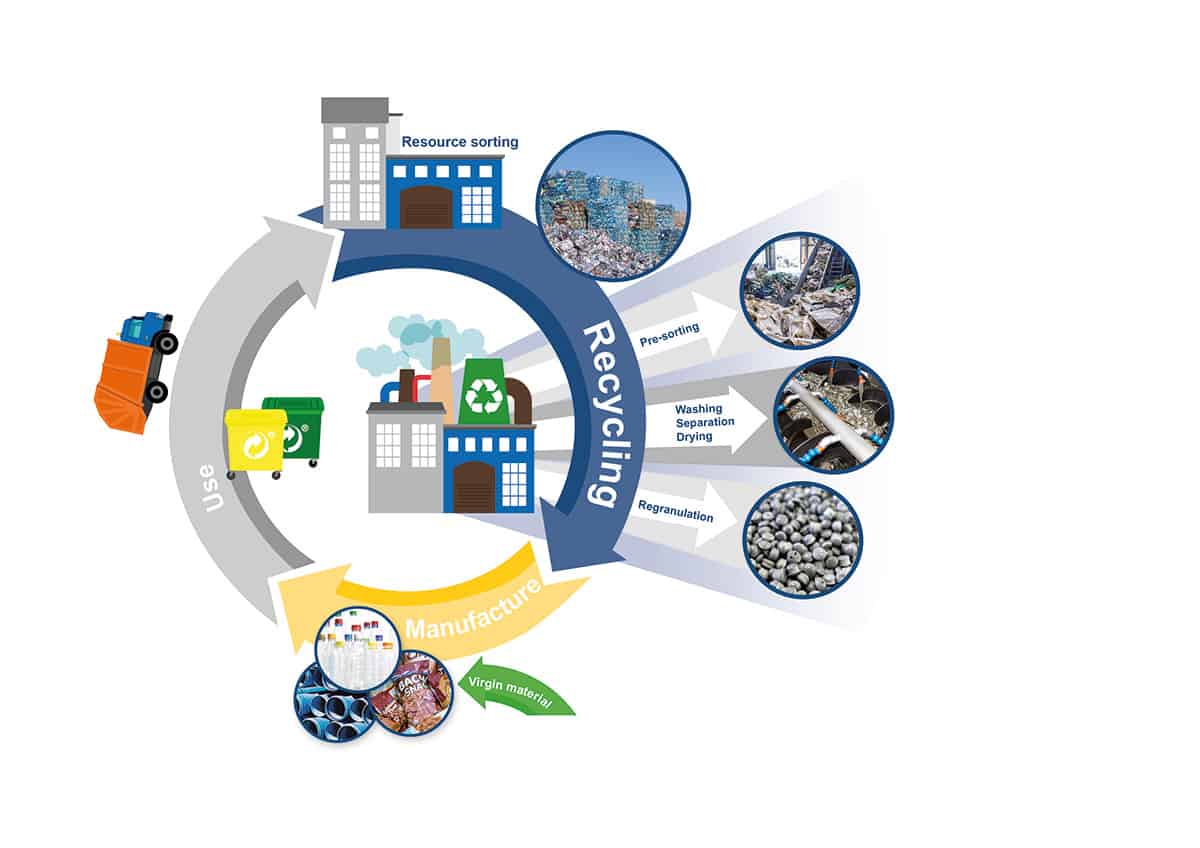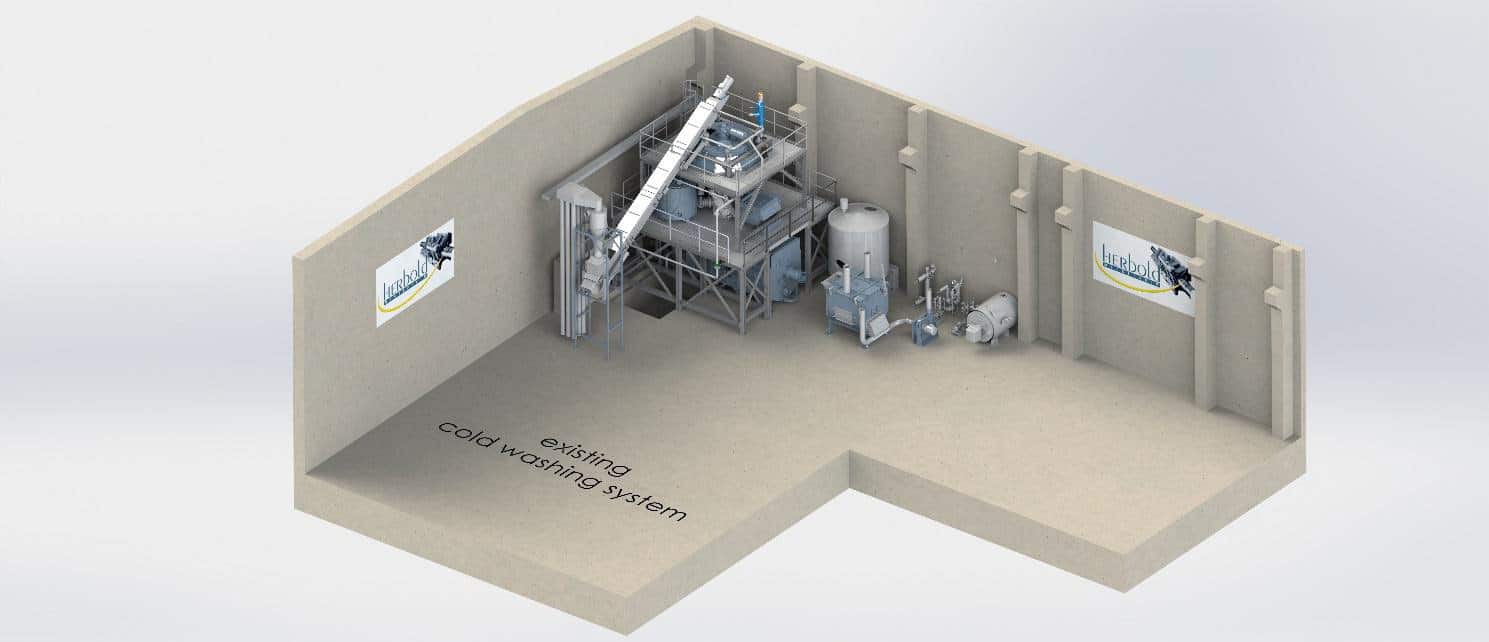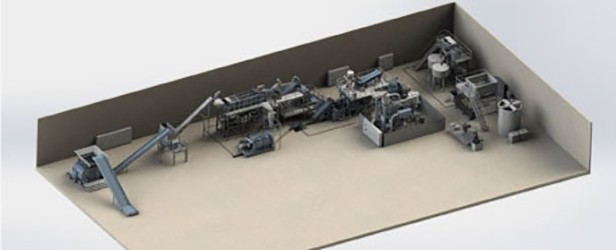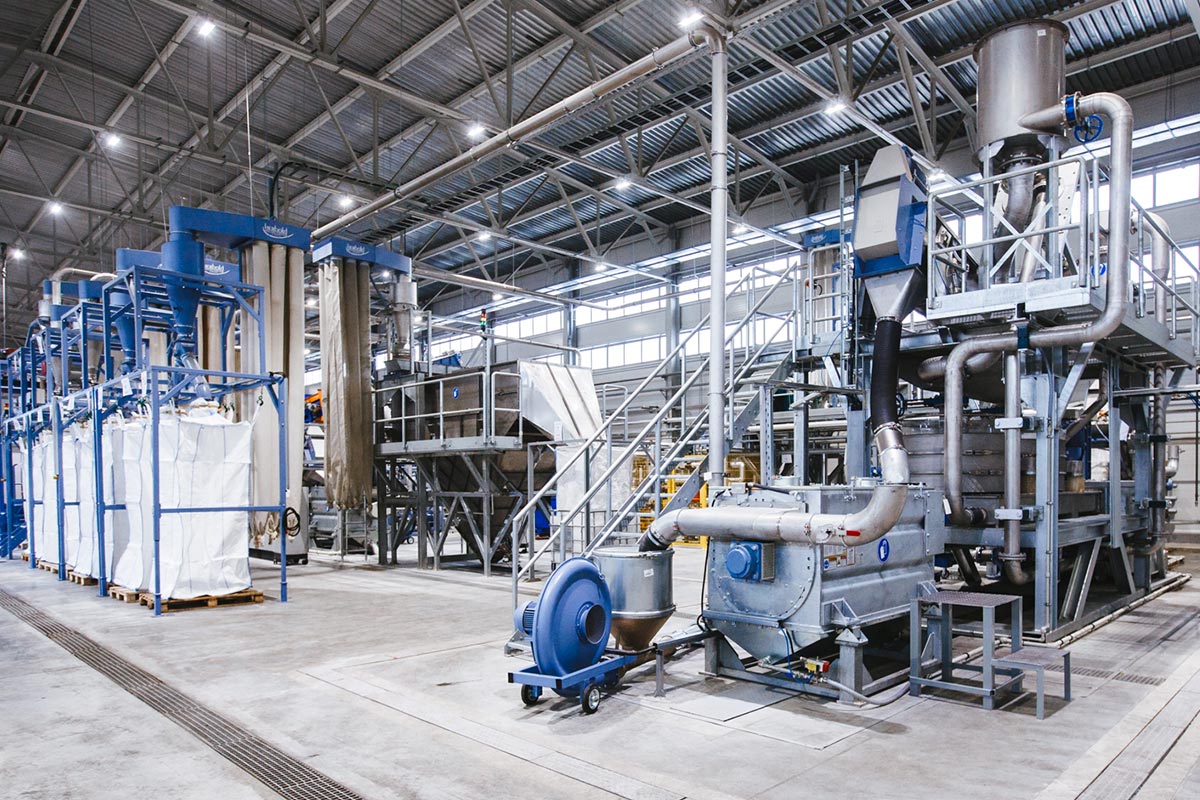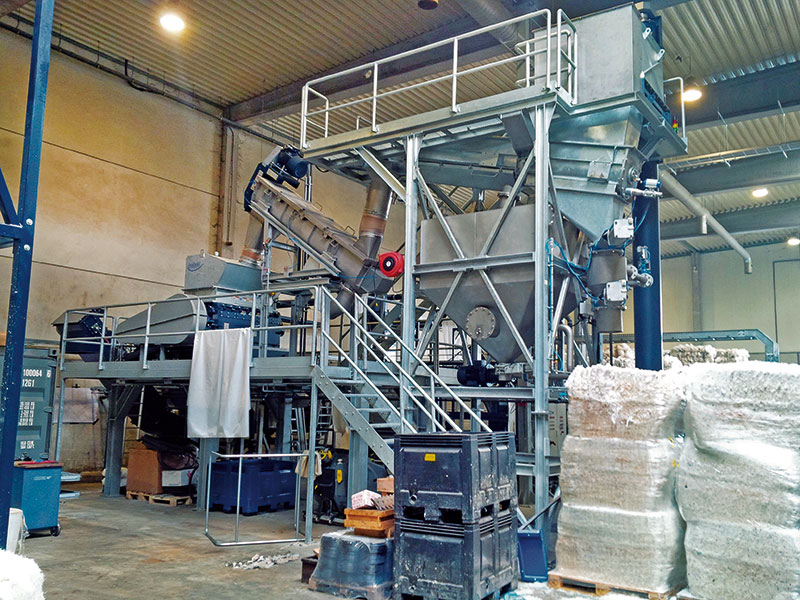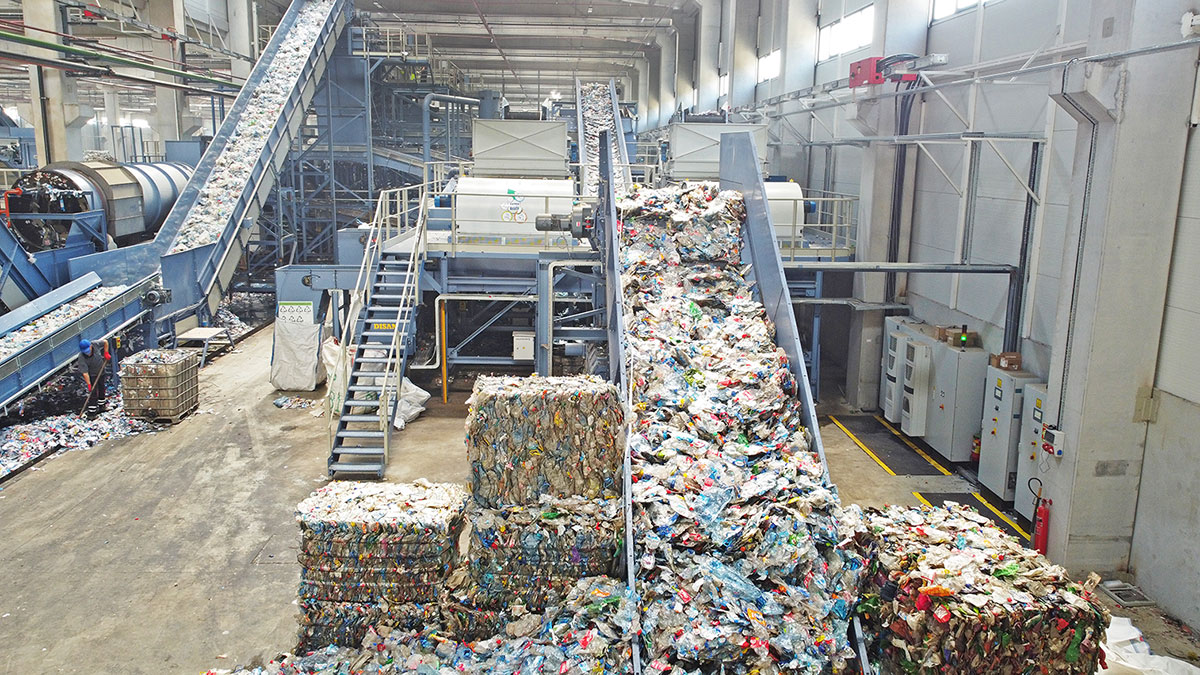Recyclage de films de postconsommation en PE: maintenant aussi en Afrique du Sud!
La première installation collective pour le recyclage des déchets de film en PE très souillés a été mise en service à Germiston South, près de Johannesburg.
La ligne qui est livrée par HERBOLD MECKESHEIM, est capable de traiter jusqu’à 8.000 tonnes par an de films, big bags usés et déchets similaires. Les déchets arrivant en balles sont prétriés, déchiquetés et débarrassés des corps étrangers dans une unité de prélavage.
Détails





